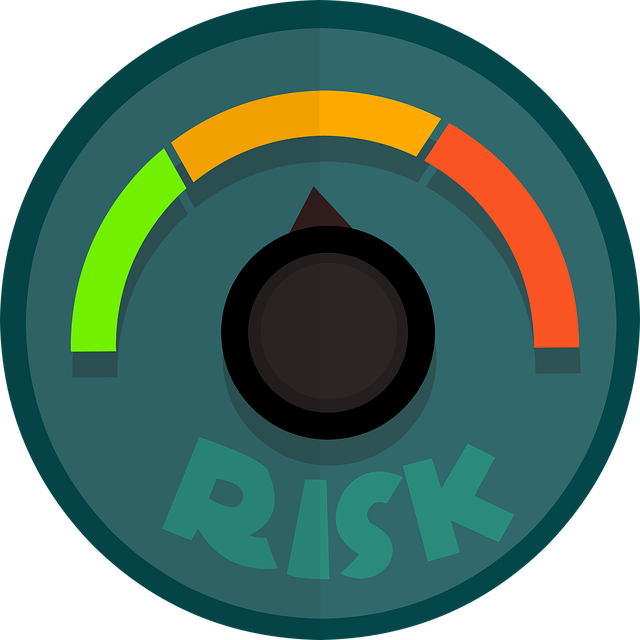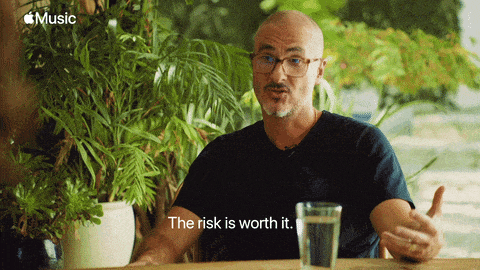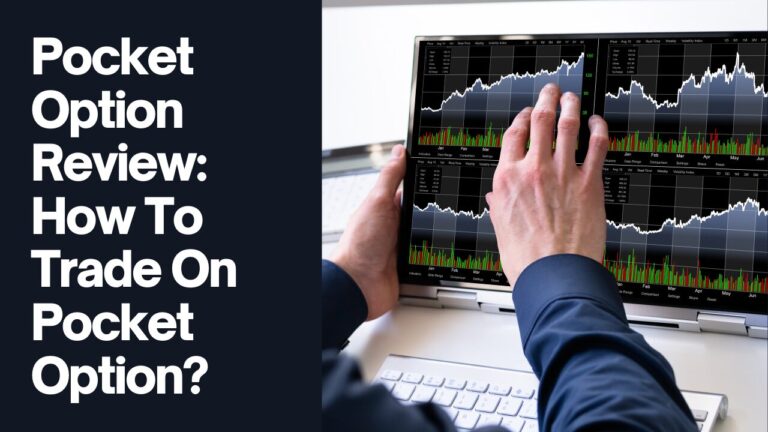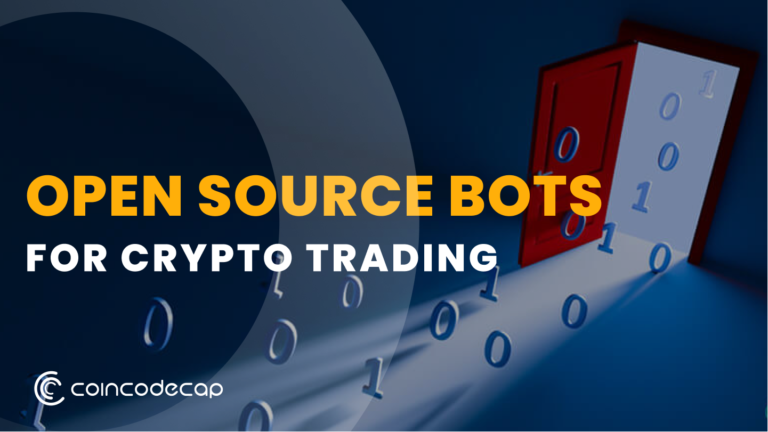Trading by its very nature is a high risk. Especially the crypto market can be very volatile. Signals provided are done through careful analysis; however, a quick way to lose money is to have no or poor risk management.
So what is risk management? Risk management is how you protect yourself and your portfolio from heavy losses and essentially losing all of your money. It is a crucial part of trading and is often underestimated.

Table of Contents
Risk Management Strategies
Plan your trades
One of the most significant battles for a trader is the fear of missing out and jumping into a trade expecting it to keep going up (or down) only to find that it is at the top and reverses. Planning your trades takes the emotional element out of the trade and forces analysis to occur, which is essential.

Always set a stop loss
No one likes losing money, and being in a trade that goes negative can be challenging, but it is always better to lose a little, so you can live to trade another day than stay in a losing trade hoping for it to reverse, only for it to keep dropping. But, of course, being in a profitable trade doesn’t make setting a stop loss any less important! Moving your stop loss to entry is just as essential to protecting your portfolio and preserving your profit!
Don’t forget to take profit
We all want to buy the absolute bottom and sell at the absolute top, but that is rare and hard. As much as we can plan, we can analyse, the market has a mind of its own, and sometimes things don’t go the way we expect. However, when you are in profit, taking profit regularly is integral to how you manage risk. So instead of waiting for the absolute top, take profit regularly so if things reverse, you already realised profit, and with stop loss moved to entry, your trade can become risk-free.

Also Read: What is Risk/ Reward and Money Management?
The 1% rule
Often, unsuccessful traders have a far too big position and represent a large portion of their portfolio. This increases the risk, so when the trade doesn’t work out, the amount of loss is a substantial portion of your portfolio, and then you have less to trade with after. It is far better to trade with a tiny portion of your portfolio. If things go wrong, you have limited the amount you can lose, and therefore, it is not detrimental to your overall portfolio. Trading is not a get rich scheme! A successful trader builds and increases their portfolio over time and many successful trades.
Following signals
Our signals have done all of the hard work for you! Careful analysis has taken place, and all entries, profit levels, and stop-loss have been set. The amount of leverage and the entry points have all been carefully thought through. Can you change the entry or increase the leverage or use a more significant position than is recommended? Of course, you can, but the amount of risk you will be carrying will be far far too high, and while you may be successful in the short term, you are far more likely to lose money that you cannot afford to lose and end up in a position where you are unable to trade. Our goal is for you to increase your portfolio and become a successful trader for the long term.

Margin
There are pros and cons to isolated and cross margin, but as a rule, we recommend isolated margin. Isolated margin limits the risk to your position and no more. Cross margin means you can go above 100% negative, but your portfolio is exposed to the risk. While that doesn’t seem that there are positives for using gross margin, there are. Still, it is not recommended to be used by anyone who is not an experienced and seasoned trader and by default, we recommend (and post signals using) isolated margin.
Risk/ Reward ratio
The risk/reward ratio marks the prospective reward a trader can earn for every dollar they risk on an investment. Consider the following example: an investment with a risk-reward ratio of 1:3 suggests that an investor is willing to risk $1 for the prospect of earning $3. This ensures that the potential losses are minimised. It also means that your portfolio still increases even if you have one successful trade and one unsuccessful trade (You have $3 profit from one trade and $1 loss from the other, leaving you a net $2).

Accept your losses
Every trader experiences losses, and while no one likes or wants them, they are to be expected. However, the losses must be minimised, and the ratio of winning trades to losses favours the wins.

Cornix and Trade Automation
Cornix and trade automation software helps open trades when you are asleep or busy with life; it also ensures you follow the signals asset. It also allows you to not worry about your transactions. With every trade, you should be okay that it may hit stop loss. It’s not healthy to agonise over every candle and every price increase or decrease. If you don’t know how to use the Cornix bot, watch the video below:
Also Read:
- 5 Best FREE and Paid Crypto Trading Bots in India [2021]
- 5 Best Coinbase Bots to Automate your Trading [2021]
- 3 Best Day Trading Crypto Signals in 2021
- Best Crypto Trading Signals in India [2021]
- Best Crypto Trading Signals for Huobi [2021]
- Best Futures Trading Signals in 2021
- What are Crypto Trading Signals? [Explained 2021]
- Best Spot Trading Signals in 2021









